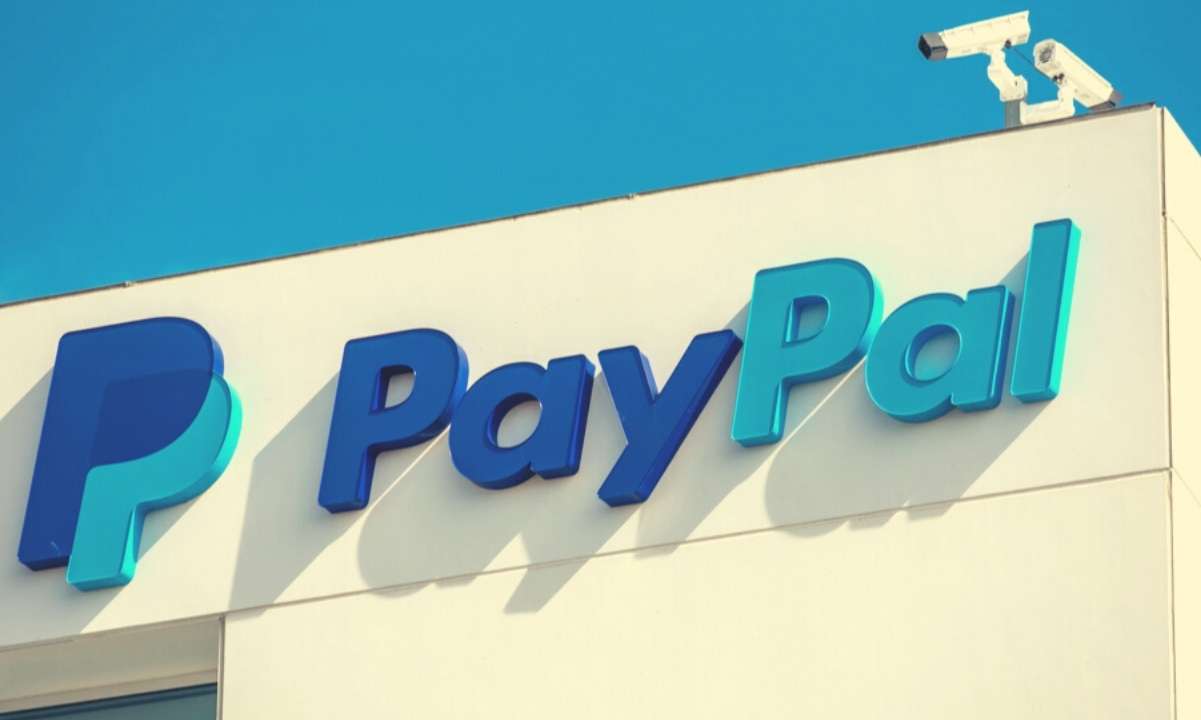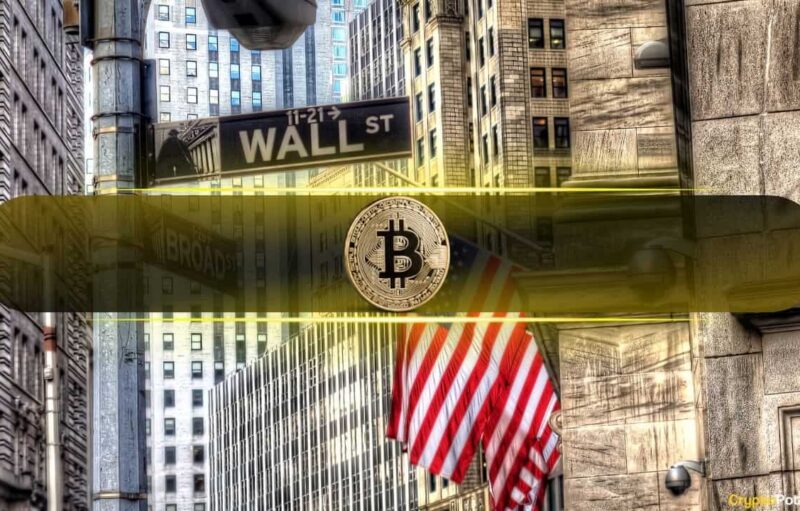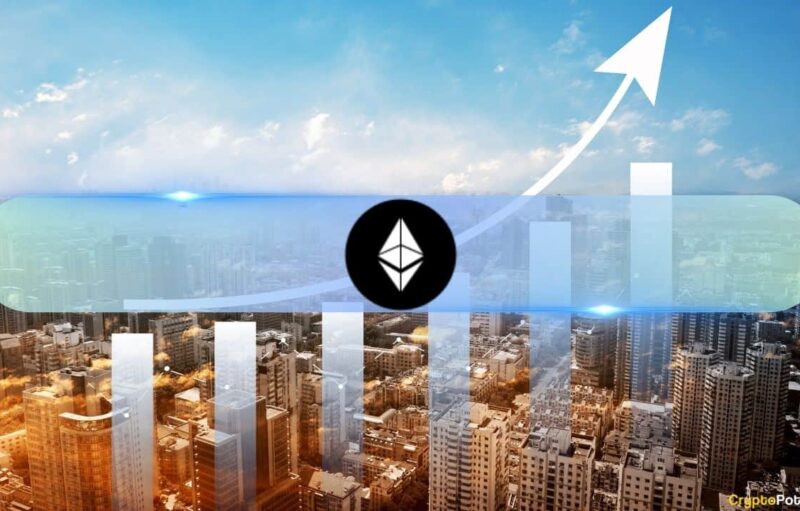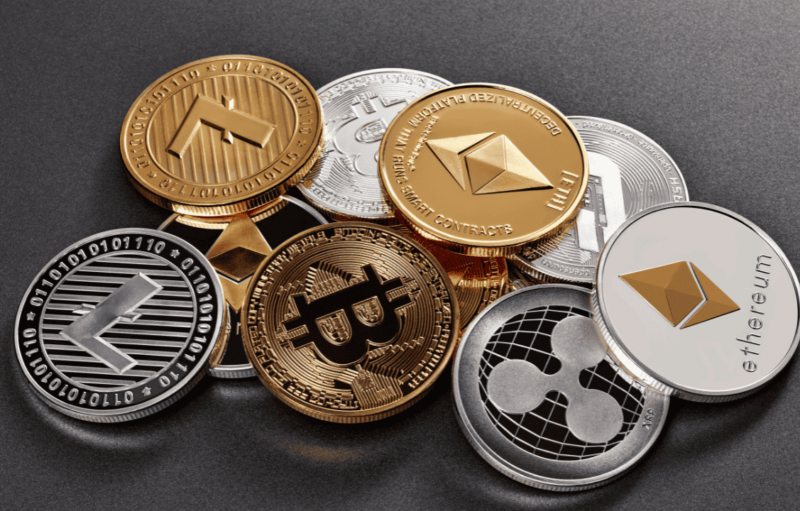
- The giant online payment processor announced yesterday that all “eligible PayPal account holders in the US can now buy, hold, and sell cryptocurrency directly with PayPal.”
- The update of the original statement reads that users can interact with digital assets from their PayPal application or through their desktop accounts.
- The cryptocurrency community remains split in its opinion-whether this is actually good for Bitcoin in the long run.
- From one side, people believe that this is the way BTC will ultimately reach go mainstream. Numerous members posted screenshots of their purchases, saying that PayPal has created a very user-friendly interface.
- Binance CEO Changpeng Zhao even paraphrased Neil Armstrong’s immortal words – “One small step for PayPal, one giant leap for B…” Since Binance Coin is still not listed on PayPal, it’s safe to assume that he had in mind Bitcoin.
- The other side of the argument claimed that this is actually bearish for BTC, as PayPal will not allow withdrawals of the funds. Additionally, many users have concerns regarding potentially high fees.
- It’s worth noting that although eligible US users can buy or sell crypto assets, that’s the entire scope of what they can do with the coins as of now. The PayPal terms and conditions page reads that “you currently are NOT able to send Crypto Assets to family or friends, use Crypto Assets to pay for goods or services, or withdraw Crypto Assets from your Cryptocurrencies Hub to an external cryptocurrency wallet.”
- Although the community swings both ways, it seems that Bitcoin’s price sees the news as significantly bullish. BTC has gained over $4,000 of value since the initial announcement and marked a fresh yearly high after yesterday’s update at $16,500.
SPECIAL OFFER (Sponsored)
Binance Futures 50 USDT FREE Voucher: Use this link to register & get 10% off fees and 50 USDT when trading 500 USDT (limited offer).
Binance Futures 50 USDT FREE Voucher: Use this link to register & get 10% off fees and 50 USDT when trading 500 USDT (limited offer).
The post appeared first on CryptoPotato






